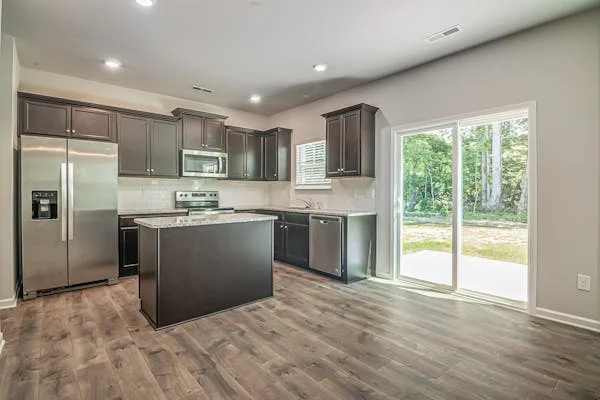Energy efficiency has become a crucial aspect of modern living, with homeowners constantly searching for ways to reduce energy bills and contribute to environmental sustainability. From the insulation in your walls to the gadgets in your kitchen, every aspect of your home can contribute to a lower energy footprint. These tips can lead to significant savings and help reduce your carbon footprint. Keep reading as we explore different strategies to make your home more energy-efficient.
Maximizing Your Home’s Insulation for Energy Savings

Proper insulation is one of the most effective ways to maintain an energy-efficient home. Good insulation reduces the heating and cooling needed by maintaining a stable indoor temperature, thus conserving energy. Ensuring well-insulated walls, attics, and floors can prevent heat loss during the winter months and keep the heat out in the summer.
Windows is another critical area where homes can lose heat. Investing in double-glazed or even triple-glazed windows provides an additional layer of insulation. Sealing gaps and cracks around doors and windows also prevents drafts, further promoting energy conservation in your home.
Insulating your water heater and pipes can result in direct savings on the costs associated with heating water. It’s important not to overlook the small areas—such as outlets and switches—which can be sources for air leaks and possibly require insulation foam to mitigate energy loss.
Companies like All Seasons Service Network (www.allseasonsservicenet.com/) can provide valuable services for those interested in professional assessments for insulation improvements. Such experts can pinpoint where your home is losing energy and offer tailored insulation solutions to elevate energy efficiency.
Utilizing Solar Panels for Sustainable Power

Solar energy has emerged as a leader in sustainable power solutions for homes. By installing solar panels, homeowners can harness the sun’s power to generate electricity, reducing reliance on traditional power grids and making a positive environmental impact. The initial investment in solar technology can lead to long-term savings on electricity bills.
An experienced solar energy contractor can provide insights into the type of solar panel system best suited for your home. The contractor can assess roof orientation, shade, and local climate to ensure maximum efficiency and savings from your solar installation.
Additionally, solar power can offer independence from utility providers and protection against rising energy costs. With solar panels, your home can produce its own clean energy, even allowing you to sell excess power back to the grid in some regions.
Furthermore, governments often offer incentives, such as tax rebates or credits, to encourage homeowners to invest in solar energy. These financial benefits can help offset the upfront costs of solar panels and make this sustainable option more accessible to a broader audience.
Smart Thermostat Use for Efficient Heating and Cooling
Smart thermostats are revolutionizing home climate control by allowing homeowners to efficiently manage heating and cooling systems. These devices learn your schedule and temperature preferences, making automatic adjustments that save energy without sacrificing comfort. You can avoid unnecessary energy consumption by regulating your home’s temperature more effectively.
These intelligent devices also provide the convenience of remote control. Using your smartphone, you can adjust your home’s climate on the go, ensuring you’re not heating an empty house or returning to a cold one. This function is particularly useful for people with irregular schedules or those who travel frequently.
Analytics features included in many smart thermostats can help homeowners understand their energy usage patterns, identify opportunities for savings, and make adjustments accordingly. Some models even offer maintenance reminders and alerts, ensuring your heating and cooling systems run optimally.
Ensuring your thermostat is in an ideal location away from direct sunlight, drafts, doorways, and windows can also increase its effectiveness. This strategic placement supports accurate indoor temperature readings and further enhances energy savings.
Altogether, implementing these energy-efficient strategies can lead to significant cost savings while contributing to a healthier environment. Homeowners can create a more sustainable living space that benefits their finances and the planet by focusing on insulation, renewable energy, and smart technology.





